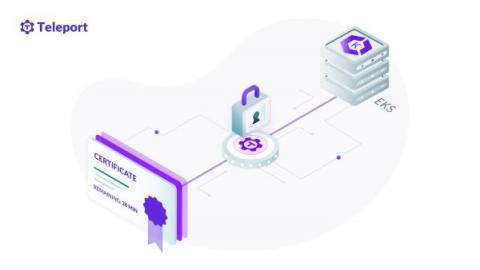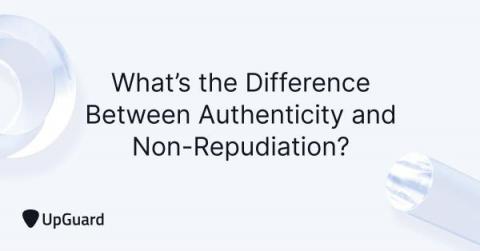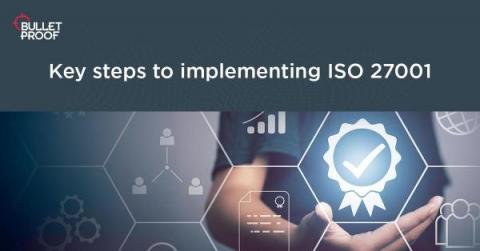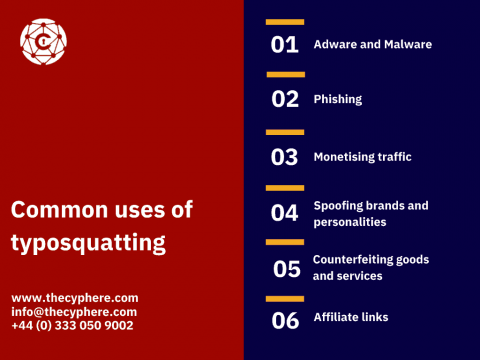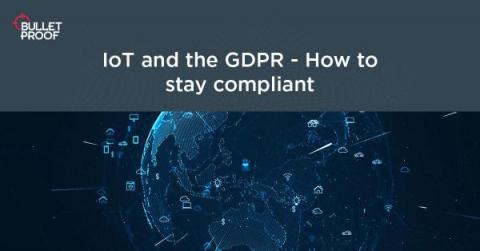Security | Threat Detection | Cyberattacks | DevSecOps | Compliance
Latest News
Are You Missing These Benefits of a 24/7 SOC?
When it comes to protecting your business, there is no such thing as being too cautious. In today's increasingly connected world, cyberattacks are becoming more and more common, and the stakes are higher than ever before. That's why many businesses are turning to 24/7 SOC through a managed security services provider (MSSP) to protect their business.
How To Put Cloud Nimble to Work to Shift Left Security
Shifting security left means preventing developers from using unacceptably vulnerable software supply chain components as early as possible: before their first build. By helping assure that no build is ever created using packages with known vulnerabilities, this saves substantial remediation costs in advance. Some JFrog customers restrict the use of open source software (OSS) packages to only those that have been screened and approved by their security team.
Secure Amazon EKS Access with Teleport
Enterprises are embracing the cloud native paradigm for agility, scalability, composability, and portability. Kubernetes, the open source container orchestration engine, is the foundation of modern, cloud native workloads. AWS customers can leverage managed Kubernetes available in the form of Amazon Elastic Kubernetes Service (EKS) or deploy a cluster based on upstream Kubernetes distribution running in a set of Amazon EC2 instances.
Cybersecurity Policy - time to think outside the box?
When we get into cybersecurity, one of the first things any organisation or company should do is write a cybersecurity policy, one that is owned by all. Easy words to put down on paper, but what do they mean? So, what is a cybersecurity policy? Well, it is defined in the Gartner IT Glossary as, “an organization’s statement of intent, principles and approaches to ensure effective management of cybersecurity risks in pursuit of its strategic objectives.”
What's the Difference Between Authenticity and Non-Repudiation?
Authenticity and non-repudiation are two core concepts in information security regarding the legitimacy and integrity of data transmission. Because we transmit data every day, it's important to verify the sender's origin (authentication) and ensure that during transmission, the data was not intercepted or altered in any way (integrity).
Key Steps to implementing ISO 27001
As the leading international standard on information security management, ISO 27001 is an important certification for businesses and is increasingly being demanded by customers as part of their supply chain management. With its standardised processes and reputational status, ISO 27001 shows interested third parties and prospective clients that you take the confidentiality, integrity and availability of their data seriously.
What is Typosquatting? Learn how to defend against it.
Typosquatting forms the basis of cyber attacks that aim to take advantage of users who mistake a malicious website for a legitimate one. Attackers register domain names that are similar to popular brands or products in the hopes that users will mistype the name and end up on their malicious site instead. Once on the site, users may be tricked into providing sensitive information or installing malware.
Data: A New Direction - what is it & what is being proposed?
In 2018, the implementation of the GDPR signalled a seismic shift in how businesses target, collect and store personal data. As individuals entrust businesses with their personal data more than ever before, the GDPR has ensured that the right to privacy for individuals is protected through its regulation. Not since the result of Brexit, and the GDPR ceasing to protect the rights and freedoms of UK Citizens (since 1st Jan 2021), has there been significant changes to the GDPR.
What roles do humans play in cyber breaches
Data is the most valuable asset of any organization, and most employees have access to secure business data. This makes them the first line of defense against combating a cyber-attack. However, hackers target vulnerable employees with insecure devices and sophisticated techniques to access the company's network and compromise valuable data. Human error enables a vast majority of cybersecurity problems. Many employees are already aware of the dangers that their mistakes can pose.





